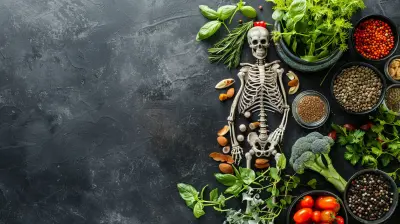The Role of Fats in Joint Health and Reducing Arthritis Pain
20 October 2025
Let’s have a real conversation for a second. When we talk about fats, most people picture greasy fries, love handles, or something to cut back on. But here’s a twist—it turns out that not all fats are the enemy. In fact, the right kinds of fats are like the superheroes swooping in to save the day when it comes to your joints and arthritis pain.
Whether you’re dealing with the stiffness of osteoarthritis or the inflammation of rheumatoid arthritis, fats play a crucial role in how your joints feel, move, and, quite frankly, how much they hurt. So, grab a cozy chair and let’s dive deep (in simple terms!) into how the fats you eat can actually protect your joints, ease pain, and make feel-good movement possible again.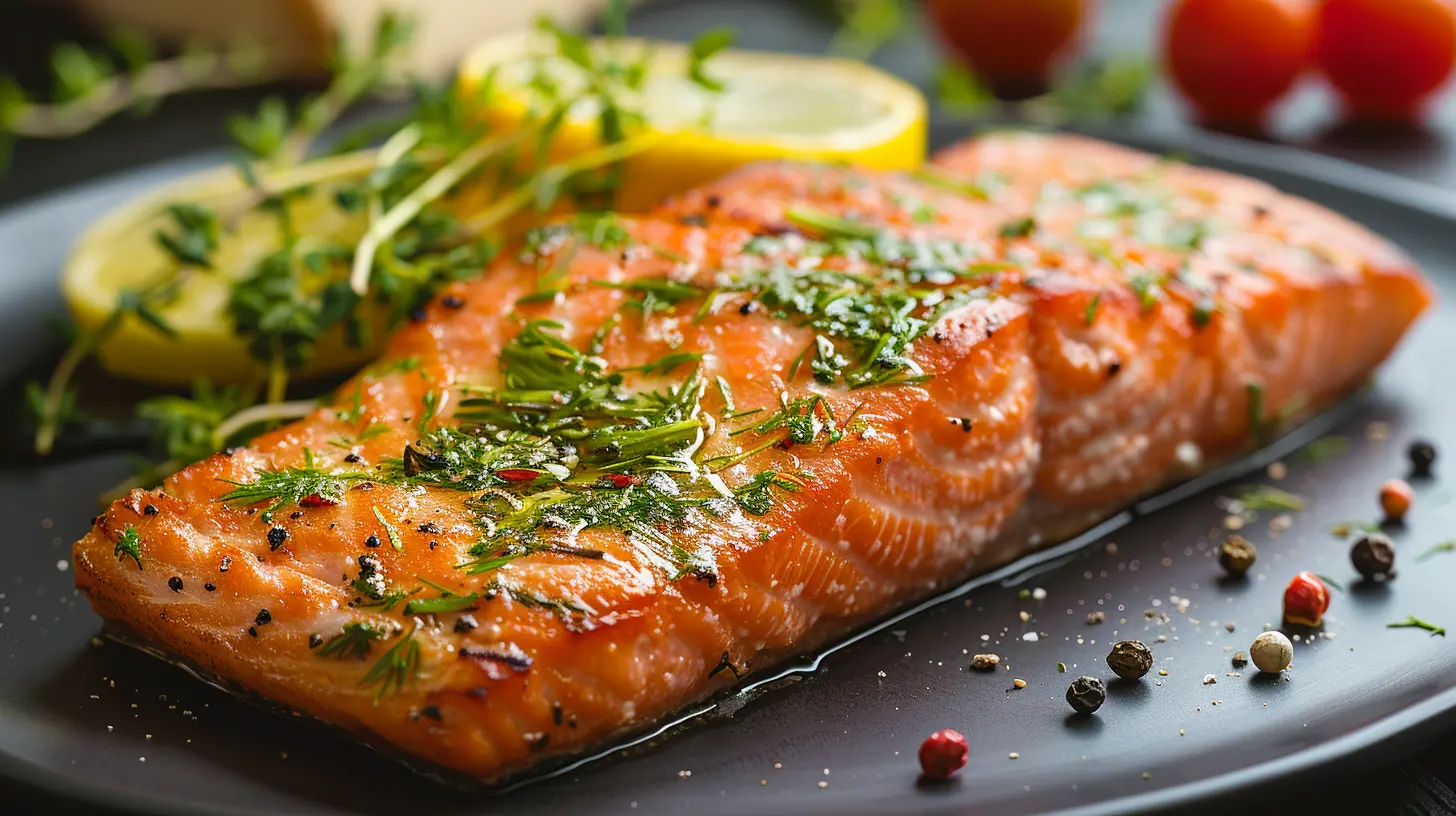
What Are Fats, Really?
Let’s start at the top: fats are one of the three macronutrients our bodies need to survive—the other two being carbohydrates and proteins. But fats aren’t just about energy. They're also about structure, function, and yes, healing.Healthy fats:
- Support cell membrane integrity (basically, they help keep your cells strong and flexible—super important for joints!).
- Help your body absorb fat-soluble vitamins like A, D, E, and K (which all play a role in bone and joint health).
- Regulate hormones and immune responses.
So basically, they're multitaskers—and we love a multitasker.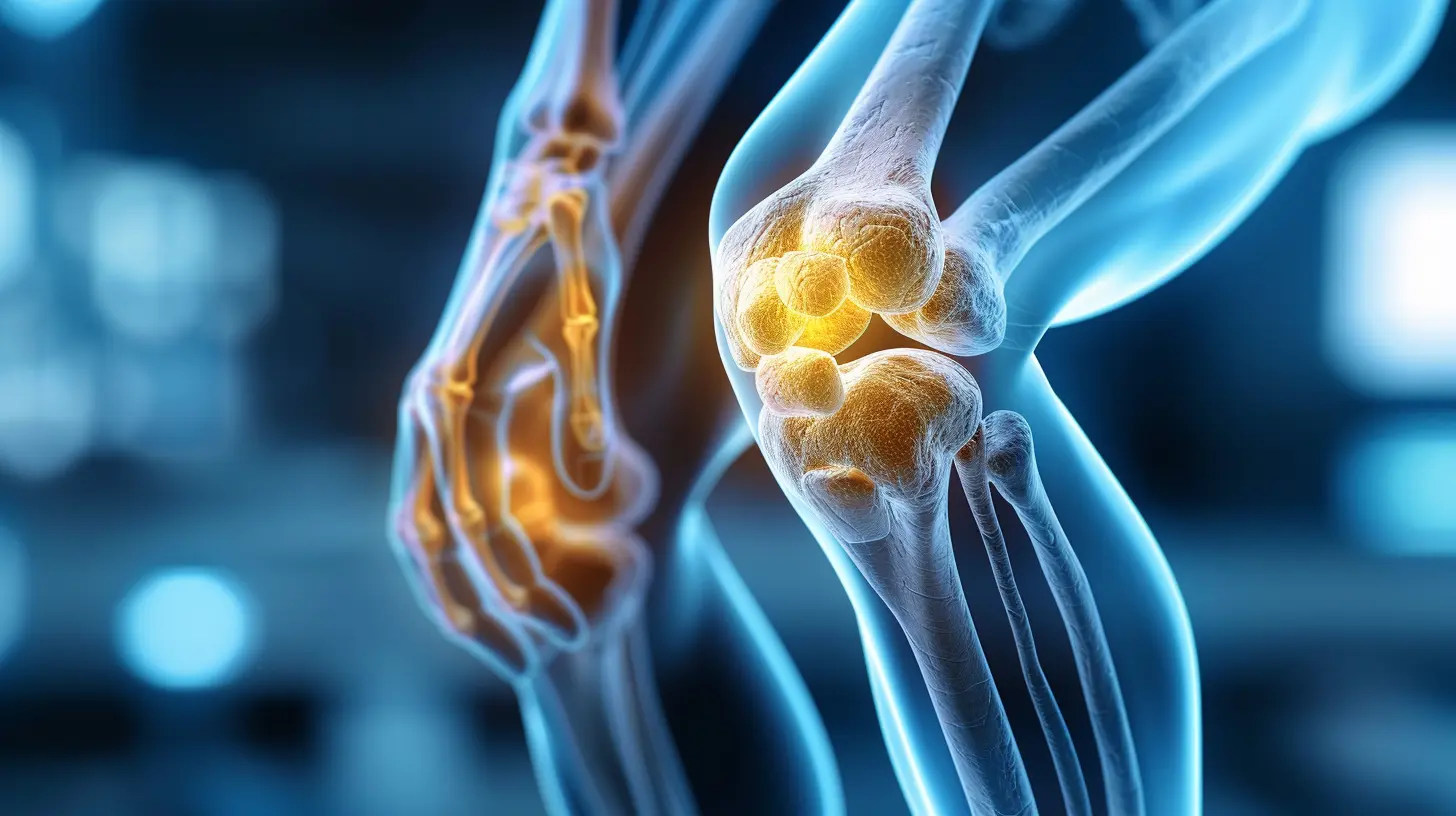
Joint Health 101 – Why Joints Break Down
Before we get into how fats help, let’s just quickly understand how joints get into trouble in the first place.Our joints are where two bones meet, cushioned by cartilage and surrounded by fluids (synovial fluid) that act like oil in an engine. Over time—or due to autoimmune issues—this smooth system can break down. You lose that cushion, inflammation kicks in, and then comes the pain, stiffness, and soreness that arthritis is infamous for.
Two main types of arthritis:
1. Osteoarthritis (OA): Wear-and-tear damage to cartilage.
2. Rheumatoid arthritis (RA): An autoimmune condition where the immune system attacks your own joints.
You’d think a joint issue needs a mechanical fix, like WD-40. But often, it’s our diet that fuels or fights that joint drama.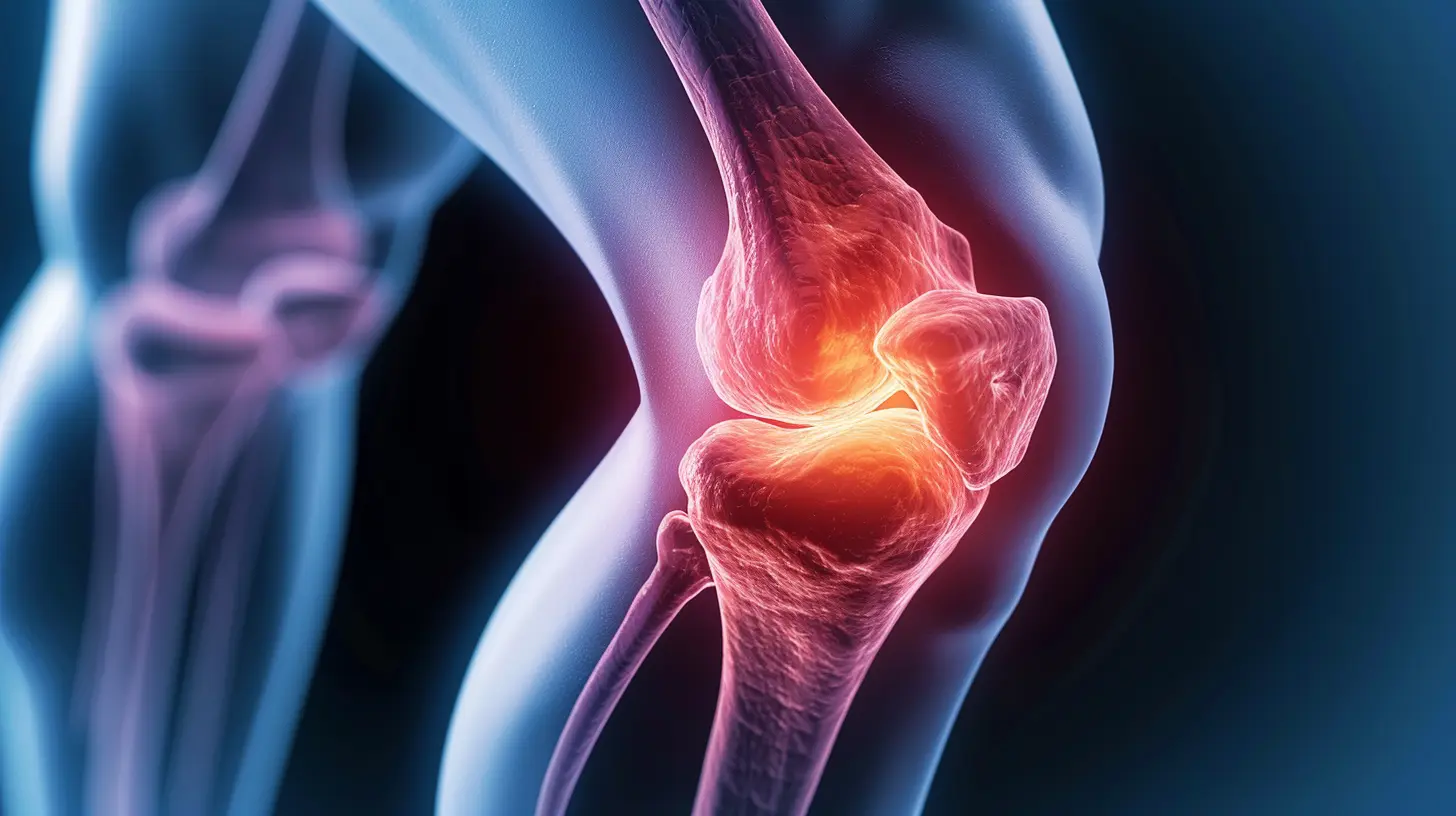
The Good Fats: Your Joint’s Best Friends 🎯
Let’s talk about the real MVPs of joint-friendly fats.1. Omega-3 Fatty Acids
These are anti-inflammatory powerhouses. And inflammation, as you probably guessed, is a big culprit in arthritis pain.Omega-3s do a few pretty amazing things:
- Reduce the production of chemicals that cause inflammation.
- Decrease the enzymes that eat away at cartilage.
- Help your body produce natural pain-relieving compounds.
Where to get them:
- Fatty fish like salmon, mackerel, sardines
- Chia seeds, flaxseeds
- Walnuts
- Algae oil (great for plant-based folks)
Fun fact: Studies have shown that people with RA who supplement with omega-3s can actually reduce their reliance on pain meds. Not bad for a fish dinner, huh?
2. Monounsaturated Fats
These are the fats that bring balance. They don’t just help with inflammation, but also with general heart and metabolic health—which can all indirectly benefit your joints’ longevity.Sources of monounsaturated fats:
- Olive oil (hello, Mediterranean diet!)
- Avocados
- Nuts like almonds, pecans, cashews
Adding a drizzle of extra virgin olive oil on your salad? That’s joint-friendly gourmet.
3. Polyunsaturated Fats
Polyunsaturated fats include both omega-3s (we just covered those) and omega-6s. But here’s the kicker: while omega-6s are also essential, most people eat way too much of them compared to omega-3s. This unbalance can actually promote inflammation.So think of polyunsaturated fats as a double-edged sword. You need them, but balance is key.
Sources:
- Sunflower seeds
- Soybean oil
- Corn oil (but go easy on this one)
Bottom line? Focus on increasing omega-3s and moderating omega-6s to keep inflammation in check.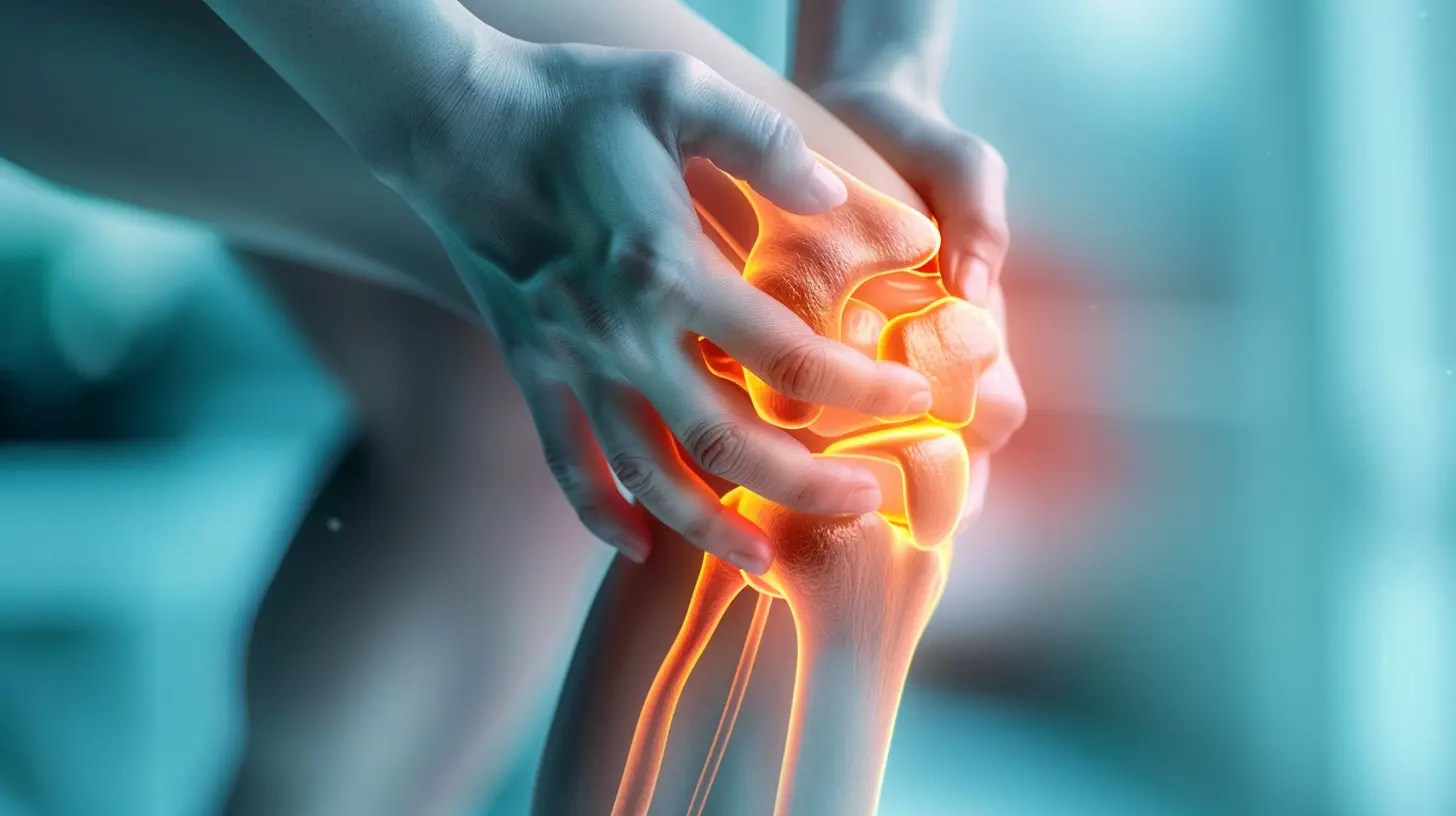
The Bad Fats: Joint Health’s Hidden Enemies ⚠️
Now let’s call out the villains. These are the fats that fuel the fire of inflammation, making arthritis worse over time.1. Trans Fats
These are artificially created fats found in many processed foods to give them a longer shelf life. But your joints will pay that price.Why they’re bad:
- Spike inflammation
- Lower good cholesterol (HDL) and raise the bad (LDL)
- Increase oxidative stress in joint tissues
Found in:
- Fried foods
- Packaged snacks and baked goods
- Some margarines
If it says “partially hydrogenated oils” on the label—run.
2. Saturated Fats
Let’s clear the air—saturated fats aren’t always evil. But too much of them, especially from poor-quality animal products, can ramp up inflammation and pain.Sources:
- Fatty cuts of red meat
- Full-fat dairy
- Processed meats like bacon and sausages
Try swapping some of these with leaner cuts or plant-based alternatives to ease the load on your joints.
How Fats Reduce Inflammation (The Science-y Bit, Made Simple)
So, how do good fats actually combat inflammation?It’s all about eicosanoids—fancy molecules your body makes from fatty acids. Some eicosanoids are pro-inflammatory, while others are anti-inflammatory. Omega-3s lead to the production of anti-inflammatory eicosanoids, calming your immune system and reducing pain.
It’s kind of like this: imagine your immune system’s inflammation response as a fire. Omega-3s are like water, while excess omega-6s and trans fats are like gasoline.
Choose your fuel wisely.
Real-Life Tips: Eating for Joint Health
Talking about fat types is fun and all (well, to us it is!), but how do we actually apply this in real life? Here are some easy ways to turn your kitchen into a joint health haven:🥗 Breakfast
- Smoothie with flaxseed, chia seeds, and almond butter- Avocado toast on whole grain bread
🐟 Lunch
- Grilled salmon salad with extra virgin olive oil dressing- Tuna wrap with leafy greens and olive tapenade
🌮 Dinner
- Stir-fry with tofu, sesame oil, and lots of colorful veggies- Grass-fed beef or chicken with quinoa and steamed greens
🥜 Snacks
- Handful of walnuts or almonds- Hummus with veggie sticks
Just remember, balance is better than obsession. You don’t need perfection—you need consistency.
Supplements: Do They Help?
Yes, sometimes getting enough of these beneficial fats from food alone is tough—especially omega-3s.Consider:
- Fish oil capsules (look for high EPA/DHA content)- Krill oil (more easily absorbed)
- Algae oil (good vegan option)
Make sure to talk with your doctor if you’re thinking about adding a supplement, especially if you're on medication. Better safe than sorry, right?
The Connection Between Fat, Weight, and Joint Stress
Quick detour: did you know that being overweight can add more pressure on your joints, especially your knees?For every pound you lose, you take about four pounds of pressure off your knees. Incredible, right?
So by choosing healthy fats over processed junk, not only are you lowering inflammation, but also helping to maintain a healthy weight—double win for your joints.
Final Thoughts – Give Your Joints Some Fat-Loving 💛
Fats aren’t the villains we've been taught to fear. In fact, with the right kind of fats on your plate, your joints get the love, cushioning, and anti-inflammatory support they desperately need—especially if you're living with arthritis.So the next time someone talks about cutting fats, you’ll know better. It’s not about cutting out fats—it’s about cutting out the wrong ones and inviting the good guys to the party.
Your joints will thank you for it with every pain-free step, stretch, and squat.
all images in this post were generated using AI tools
Category:
Healthy FatsAuthor:

Sophia Wyatt
Discussion
rate this article
1 comments
Spencer Gray
Great insights! Incorporating healthy fats can significantly support joint health and alleviate arthritis pain effectively.
October 28, 2025 at 4:56 PM

Sophia Wyatt
Thank you! I'm glad you found the insights valuable. Healthy fats play a crucial role in promoting joint health.

